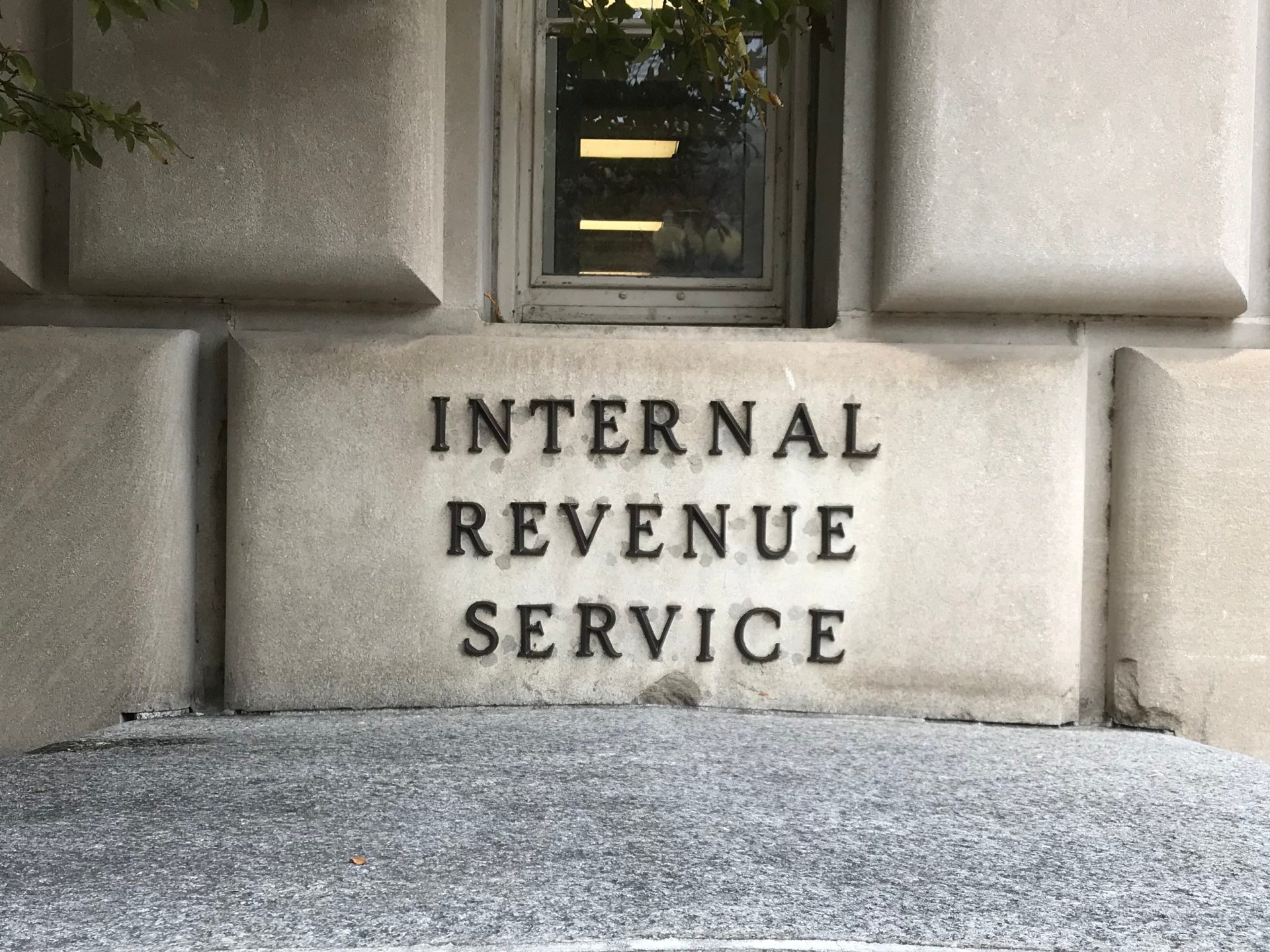IRS Commissioner Danny Werfel said last week that the agency has increased its full-time staff to nearly 90,000, a level not seen in more than 10 years, according to the New York Times.
“There were suggestions that [the Inflation Reduction Act] funding was going to supply an army of armed IRS agents who are out to shake down average taxpayers. This myth should be laid to rest,” he said during an Aug. 16 press conference that touted the improvements the IRS has made over the last year since the Inflation Reduction Act was enacted by the Biden administration.
A provision in the law allocated roughly $79.6 billion to the tax agency over the next 10 years to update its computer systems, improve taxpayer services, and beef up tax enforcement, especially among large corporations and wealthy Americans.
The funding gave the IRS the ability to increase hiring, including to fill holes left by a raft of retirements within its ranks. According to an August 2022 Bloomberg report, the IRS has lost more than 23,000 employees since 2010, and it is estimated that the tax agency is going to lose approximately 50,000 more in the next five years due to retirement.
A document published by the Treasury Department in May 2021 proposed that if the IRS received approximately $79.2 billion in funding from Congress over a 10-year period, the agency would plan to hire an estimated 86,852 full-time equivalent (FTE) employees during that time frame.
After the Inflation Reduction Act made that funding dream come true for the IRS, some Republican lawmakers claimed the agency would use that money to hire 87,000 “agents” in an effort to increase audits of the middle class—both of which the IRS said was not true. The agency and Democrats have attempted to reassure Americans that the additional tax enforcement will affect only those making $400,000 or more.
Republicans were able to chip away at that nearly $80 billion in IRS funding during debt ceiling negotiations with Democrats earlier this summer. About $21 billion of that IRS allotment will be cut and repurposed as part of the agreement last June between President Joe Biden and House Speaker Kevin McCarthy to suspend the debt limit and cap federal agency spending.
Regardless, IRS leaders remain focused on how the agency uses its new resources to demonstrate tangible signs of progress, like answering the phones and returning refunds quickly. The nearly 90,000 full-time employees at the IRS are a sharp increase from the 79,070 who were employed in 2022, the New York Times reported. The IRS has not had more than 90,000 full-time employees on its payroll since 2012, according to the 2022 IRS data book.
Most of the new hires have been in the IRS Wage and Investment Division, which is the agency’s customer service arm. Werfel said the IRS had been actively hiring staff from accounting and law firms and was bringing in data scientists to use mathematical tools to identify taxpayers whose returns suggest they should face an audit, according to the New York Times.
Thanks for reading CPA Practice Advisor!
Subscribe Already registered? Log In
Need more information? Read the FAQs




